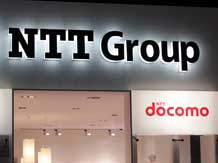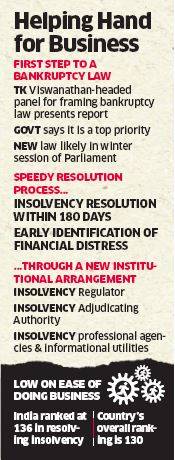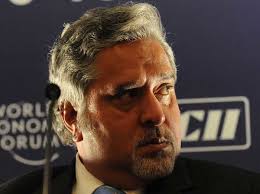 NTT Data Corp, a unit of Japans former telephone monopoly, agreed to buy technology services businesses from Dell for $3.055 billion.
NTT Data Corp, a unit of Japans former telephone monopoly, agreed to buy technology services businesses from Dell for $3.055 billion.
The acquisition was announced by the unit of Nippon Telegraph & Telephone Corp in a statement to the Tokyo Stock Exchange Monday. The company didn’t give a date for when it will acquire the Dell units.
NTT Data will acquire the divisions to strengthen its footprint in North America, and enhance cloud service and business-process outsourcing, or BPO service, according to its filing. The company will hire the 28,000 employees located mainly in North America and India from Dell, according to the statement.
The acquisition would be NTT Data’s largest, helping increase its sales outside Japan, where a shrinking and aging population has stymied economic growth. Dell, which paid $3.9 billion for what was formerly known as Perot Services in 2009, is selling some assets before completing a record deal – the $67-billion takeover of software and storage systems provider EMC Corp.
Dell plans to sell the division as part of a wider effort to raise as much as $10 billion from the disposal of assets that aren’t core to its business, Re/code reported earlier.
NTT Data has spent more than 72 billion yen ($634 million) buying companies since 2011, about 62 billion yen of it outside Japan, according to data compiled by Bloomberg. Overseas sales had risen to 450 billion yen by the year ended March 31, 2015, compared with more than 208 billion yen in the 12 months to March 2012.
Global rivals of NTT Data including Cognizant Technology Solutions Corp, Tata Consultancy Services Ltd and Atos SE had also previously participated in an auction for Perot Systems that failed to generate a deal, according to the Nikkei, Reuters and the website Re/code, which all cited people familiar with the matter.
The NTT unit has spent more than 72 billion yen on buying companies since 2011, about 62 billion yen of it outside Japan, according to data compiled by Bloomberg. By the year ending March 31, 2015, overseas sales had risen to 450 billion yen, compared with more than 208 billion yen in the 12 months to March 2012.
“Perot Systems has a large base of US clients in medical and other markets, so it fits NTT Data’s strategy to increase its presence there,” Hideaki Tanaka, an analyst at Mitsubishi UFJ Morgan Stanley, said before the deal was announced. “NTT Data can win big contracts in Japan, but in the US, it is less well-known.”
The systems unit of Japan’s former telephone monopoly has more than doubled in market value since 2011 on rising sales to financial and health care businesses using the company’s data centres and software. Profit will probably surge 85 per cent to a record 59.6 billion yen for the year ending March 31, according to average analyst estimate.
NTT Data services are used at hundreds of hospitals and thousands of health care facilities in the US, according to the company’s website.
The Tokyo-based company provides software and systems for functions including electronic medical records, surgery management, billing, insurance claims.
NTT Data cash, near cash and short-term investments stood at 183.1 billion yen as of Dec. 31, according to data compiled by Bloomberg.
Dell acquired Perot with plans to expand in the fast-growing market for data services. Perot was built H. Ross Perot, the billionaire who ran for US president in 1992 and 1996, and sold his first major company Electronic Data Systems to General Motors for $2.5 billion in 1984.
Dell’s Perot unit has won government contracts for health care IT services and work for the Defense Department, NASA, Homeland Security and Education departments.







